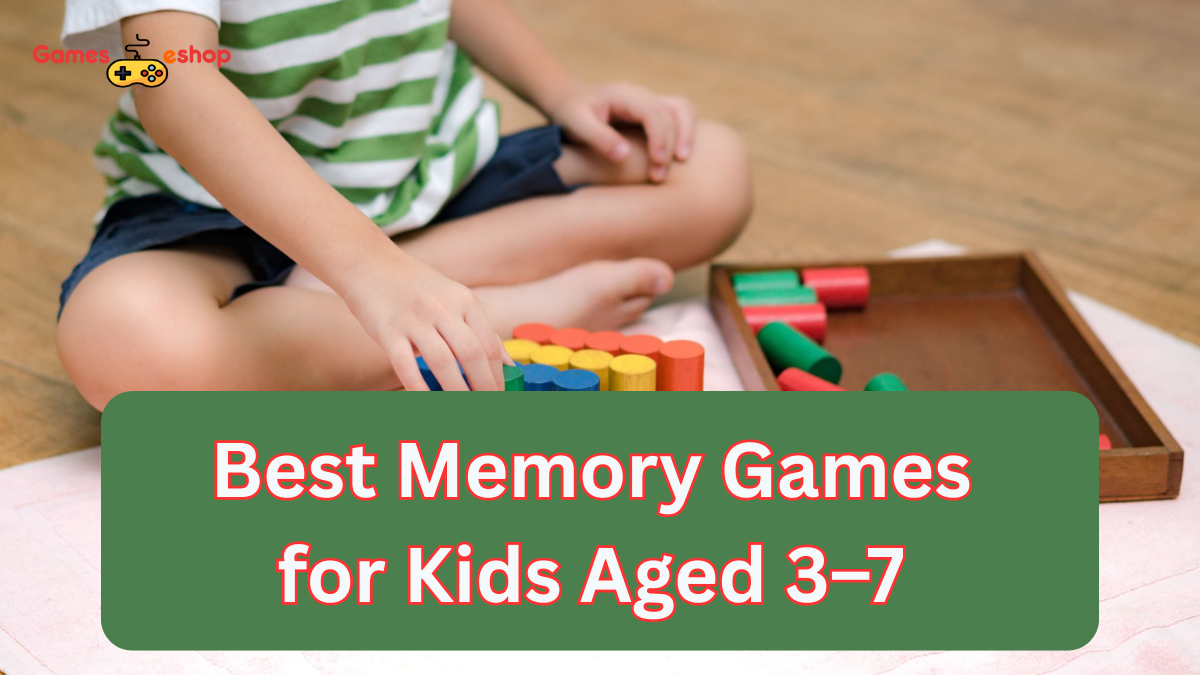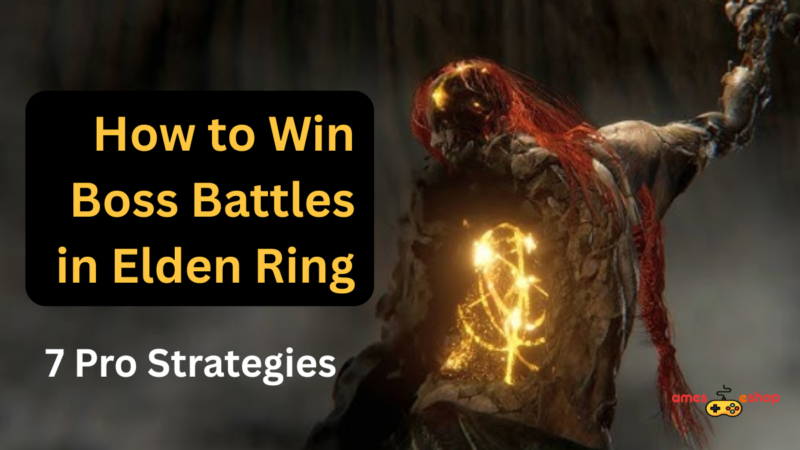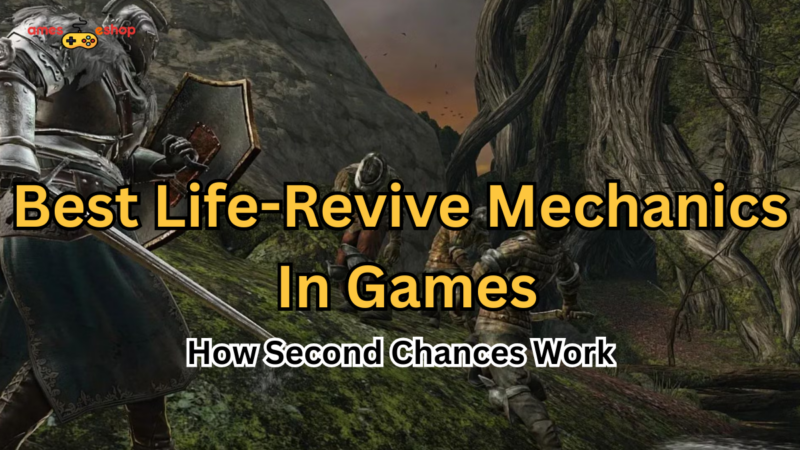Best Memory Games for Kids Aged 3–7 That Sharpen Focus

Helping young children develop strong memory skills is a wonderful gift that lasts a lifetime. For kids aged 3 to 7, memory games aren’t just fun — they’re powerful tools that sharpen focus, boost cognitive abilities, and nurture essential brain skills. Whether you’re a parent, teacher, or caregiver, knowing the best memory games for 3–7 year olds can make learning playful and effective.
In this article, we’ll explore the top memory games and cognitive games for kids, including some fun brain training apps that are perfect for early learners.
Why Memory Games Matter for Young Kids?
Memory games help children:
-
Improve concentration and attention span
-
Develop problem-solving skills
-
Enhance verbal and visual memory
-
Build the foundation for academic success
At ages 3 to 7, kids are at a critical stage where their brains absorb and process new information rapidly. Engaging them in the best memory games for 3–7 year olds can foster their curiosity and encourage healthy brain development.
Top Memory Games to Try with Kids
Here are some of the most effective and entertaining memory games that children in this age group love:
1. Matching Pairs
-
How to play: Spread cards face down with matching pairs. Kids flip two cards at a time, trying to find matches.
-
Benefits: Strengthens visual memory and attention.
-
Best for: Ages 3+
2. Simon Says (Memory Version)
-
How to play: Repeat sequences of colors or sounds. Each round adds one more element.
-
Benefits: Enhances auditory memory and sequencing skills.
-
Best for: Ages 4+
3. Story Recall
-
How to play: Read a short story, then ask children to recall key details.
-
Benefits: Boosts verbal memory and comprehension.
-
Best for: Ages 5+
4. Brain Training Apps
-
Many interactive apps offer engaging cognitive games for kids designed to train memory, attention, and problem-solving in a kid-friendly way.
Recommended Brain Training Apps for Kids
| App Name | Age Range | Key Features | Platform |
|---|---|---|---|
| Memory Match Kids | 3–7 | Matching pairs with colorful visuals | iOS & Android |
| CogniFit Kids | 5–7 | Customized brain games for memory | iOS & Android |
| Peekaboo Barn | 3–6 | Interactive story and memory challenges | iOS & Android |
| Lumosity Kids | 6–7 | Fun cognitive training games | iOS |
These apps combine fun with learning and help reinforce the skills kids develop through traditional memory games.
Tips to Make Memory Games More Effective
-
Keep sessions short and fun: 10-15 minutes is ideal to maintain interest.
-
Use rewards and praise: Celebrate small wins to encourage motivation.
-
Incorporate physical movement: Games like “Simon Says” can be made active for better engagement.
-
Mix game types: Combine visual, auditory, and verbal memory games for well-rounded brain training.
FAQs
Q1: At what age should I start memory games with my child?
Memory games can be introduced as early as age 3. Simple matching games work well for toddlers, and more complex games suit older kids.
Q2: Are brain training apps really effective for young children?
Yes! When used in moderation, brain training apps designed for kids can complement traditional memory games by offering engaging, adaptive challenges.
Q3: How often should kids play these cognitive games?
Regular, short sessions—about 3-4 times a week—are enough to see improvement without overwhelming your child.
Q4: Can memory games help children with attention difficulties?
Absolutely. Many memory games improve focus and concentration, which can benefit children struggling with attention.
Engaging your little ones in the best memory games for 3–7 year olds isn’t just about play — it’s about giving them a head start in life. By blending traditional games with modern brain training apps and cognitive games for kids, you’re helping nurture sharper minds and brighter futures.
Click here to learn more






